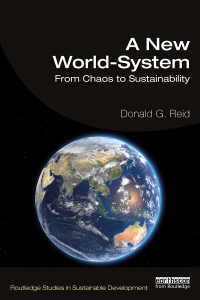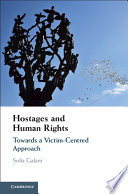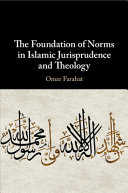Buy A New World-System: From Chaos to Sustainability 1st Edition PDF ebook by author Donald G. Reid – published by Routledge in 2021 and save up to 80% compared to the print version of this textbook. With PDF version of this textbook, not only save you money, you can also highlight, add text, underline add post-it notes, bookmarks to pages, instantly search for the major terms or chapter titles, etc.
You can search our site for other versions of the A New World-System: From Chaos to Sustainability 1st Edition PDF ebook. You can also search for others PDF ebooks from publisher Routledge, as well as from your favorite authors. We have thousands of online textbooks and course materials (mostly in PDF) that you can download immediately after purchase.
Note: e-textBooks do not come with access codes, CDs/DVDs, workbooks, and other supplemental items.
eBook Details:
Full title: A New World-System: From Chaos to Sustainability 1st Edition
Edition: 1st
Copyright year: 2021
Publisher: Routledge
Author: Donald G. Reid
ISBN: 9780367609672
Format: PDF
Description of A New World-System: From Chaos to Sustainability 1st Edition:
A New World-System: From Chaos to Sustainability examines the present crisis in the social and ecological environment that is producing profound, potentially catastrophic challenges to the planet and humanity and outlines a process for moving forward to address these critical issues. This book is a cautionary interpretation of the present and vision for the future. Unlike other books on this or allied subjects that are focused singularly, Part 1 surveys the five major threats facing humanity today: climate change, inequality and poverty, new technologies, migration, and globalization. It approaches the challenge of integrating these phenomena into a global picture from a systems perspective rather than taking a purely reductionist approach to understanding what is occurring in the world today. Part 2 moves from identifying the problems to solving them, with chapters examining the ability of the present world-system to address these issues and outlining a process for action. The book concludes by discussing what could follow capitalism as a social organizing strategy and, perhaps more importantly, the consequences to the planet if we do not construct a new world-system. This book is essential reading for students and scholars of sustainable development, climate change, environmental studies, rural and urban planning, environmental psychology, political economy, sociology, social policy, leisure studies, and environmental politics. More broadly, it is a vital resource for all those interested in building a sustainable society.





